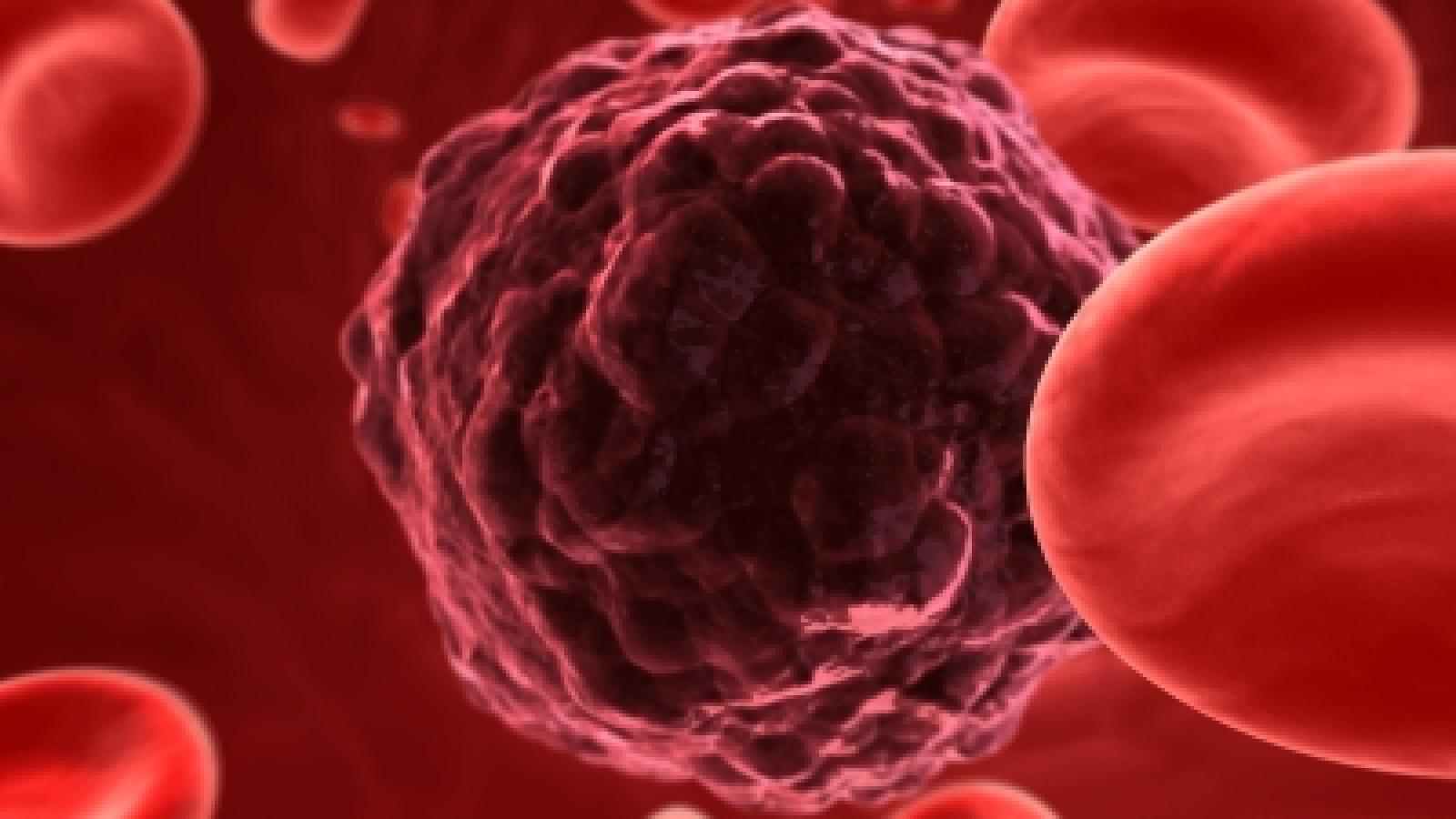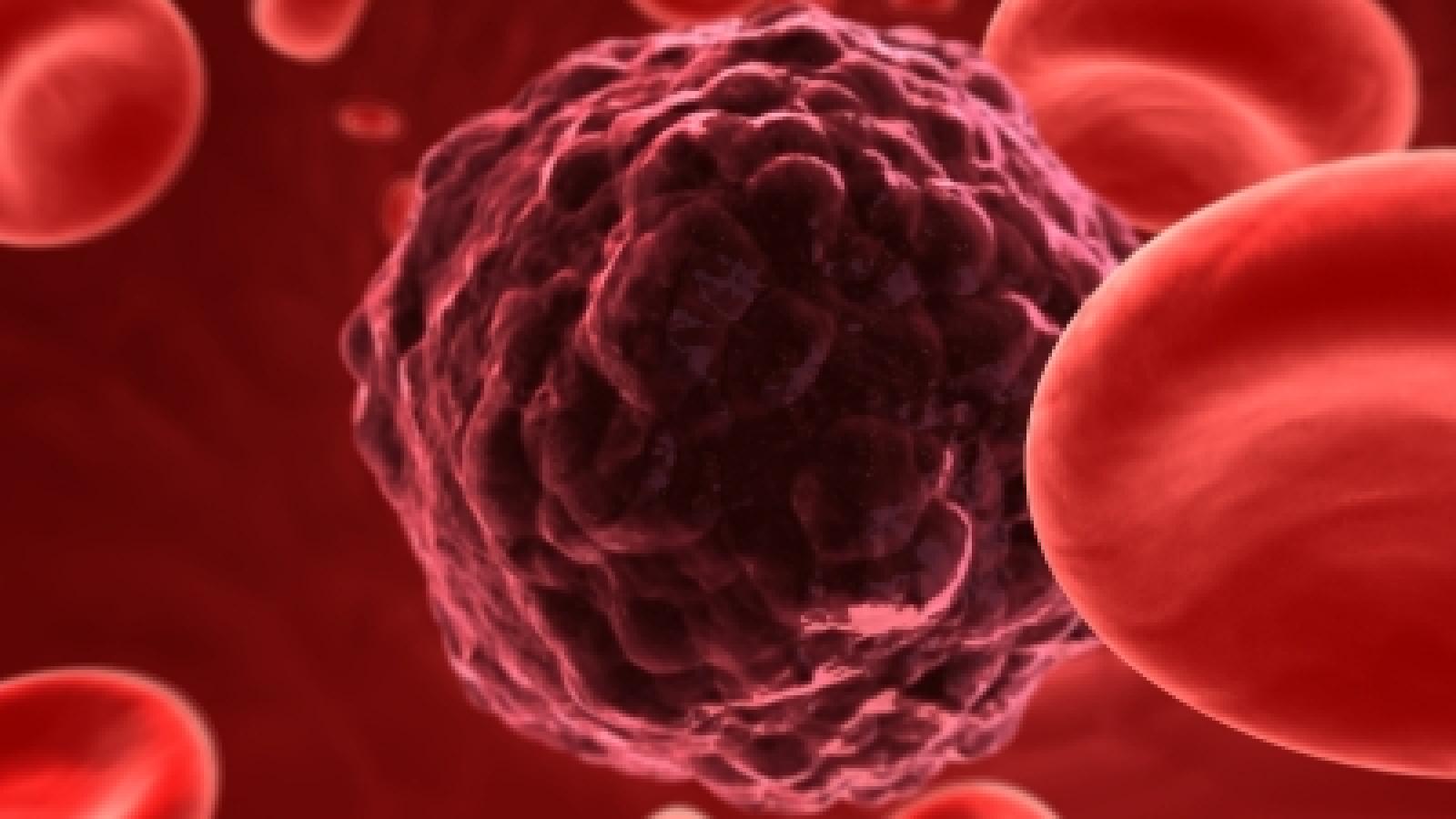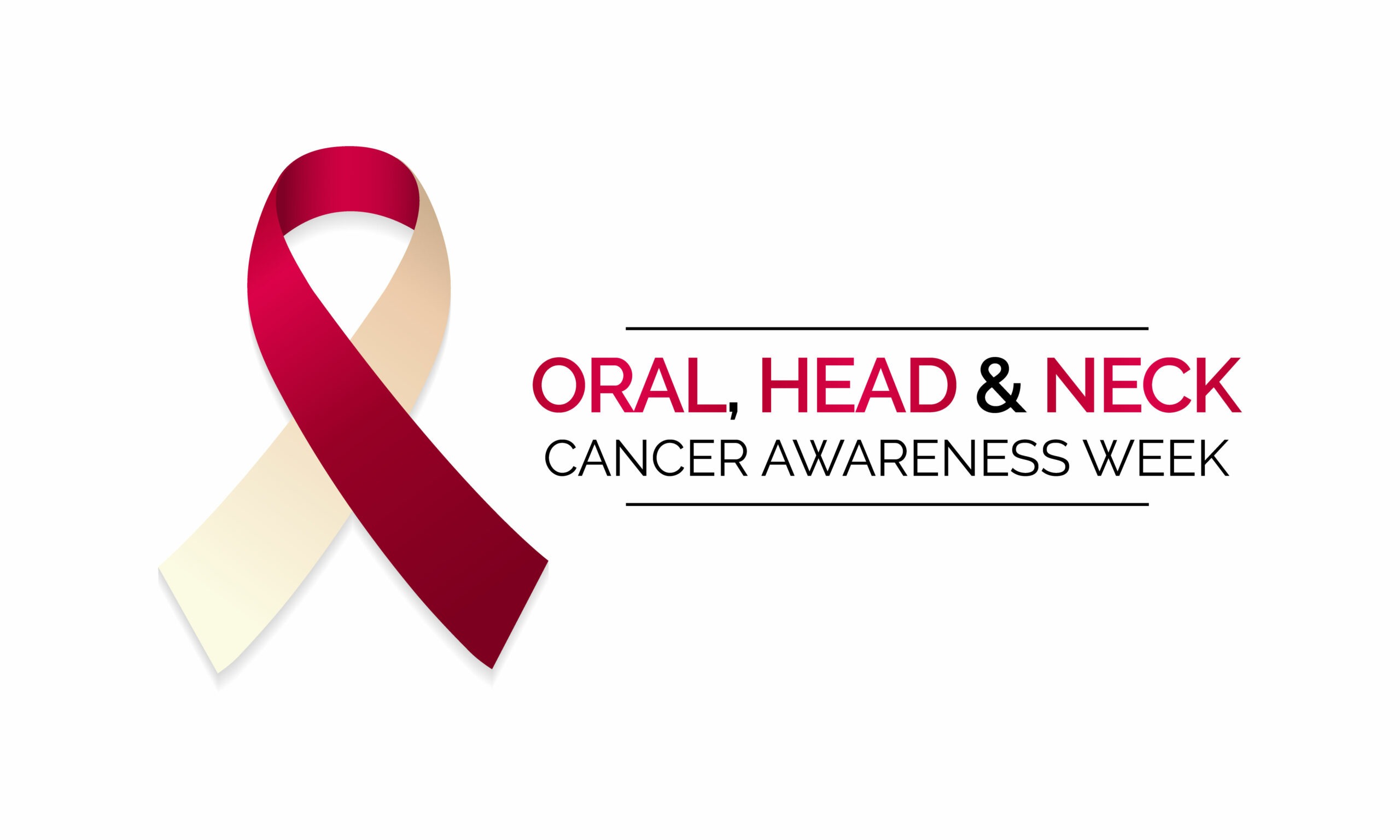Cancer Awareness: Cancer Screening

The term "cancer screening" describes tests that check for cancerous growths before you notice any symptoms. When cancer is discovered early on, it is frequently easier to treat and cure.
Early screening can have major benefits, even though most people won't require routine cancer screening until they are in their 40s.
Cancer can be detected early, before symptoms appear. Better treatment choices and increased survival rates are frequently the results of early identification. Cancer can be stopped from spreading to other body parts by receiving an early diagnosis.
Age, family history, and lifestyle all affect the necessity of cancer
Cancer screening tests typically involve a combination of physical examinations, laboratory tests, and imaging tests.
A physical examination may include a visual inspection of the body and a discussion of health history and risk factors.
Laboratory tests, such as blood tests, urine tests, and tissue samples (like Pap smears), can help identify potential abnormalities.
Imaging tests, like mammograms, provide visual representations of internal organs to detect any signs of cancer.
Additionally, genetic testing may be recommended for individuals with a family history of hereditary cancer to assess their risk.
However, no cancer screening test is 100 percent accurate. False-positive results could cause unnecessary anxiety and further testing, whereas false-negative outcomes can mean that a diagnosis is delayed. Screening tests also have potential harms, discomfort, or radiation exposure.
Considering all the variables, early discovery is the best protection against cancer. Screening allows prevention and early detection of cancer, but certain circumstances must be taken into account in practical life.
Tags: Cancer Awareness National Cancer Summit
Related
Share this article
Experienced and versatile writer, dedicated to using my exceptional writing and editing skills to inform and advocate. My work focuses on educating and entertaining readers on a range of topics, with a particular expertise in matters of disability.
View articles

